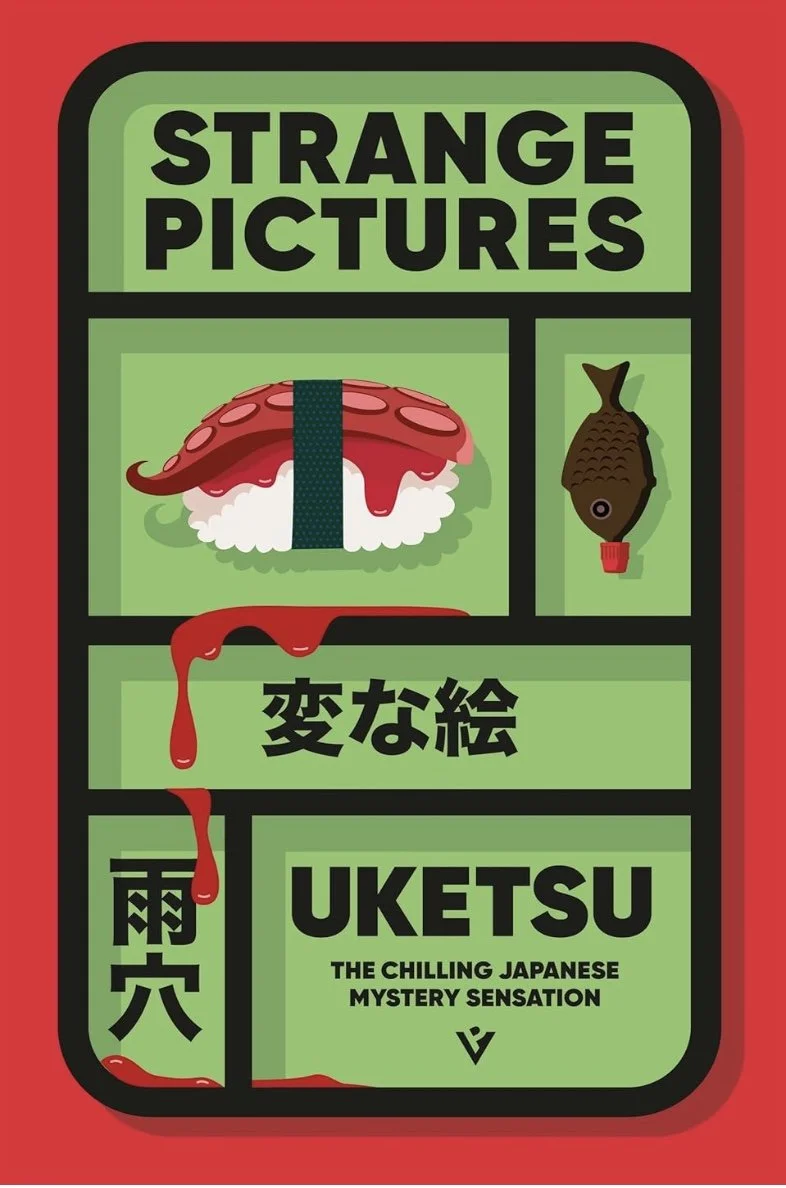Strange Pictures
by Uketsu
A layered, puzzle-like novel of psychological horror, buried trauma, and the eerie fragments that refuse to stay hidden.
Looking for a spoiler-free review of Strange Pictures?
Here’s what it’s about, how it builds dread without spectacle, and why it’s one of the most uniquely structured horror novels I’ve read this year.
What It’s About
This one’s built like a box of secrets.
Told through four quietly connected stories, Strange Pictures uses eerie, almost childlike drawings to thread a deeper sense of unease throughout. You’re not handed answers. You’re handed fragments. And what they add up to depends on how closely you’re paying attention.
You don’t get full answers right away. You get images. You get hints. And you get this slow, steady sense that something is very wrong just beneath the surface.
For me, the campground story hit the hardest. So awful how it unravels. And the explanation of what happened to the pregnant woman? It’s not graphic, but it’s emotionally brutal.
What Stuck With Me
The structure was part of the fun. You’re reading forward and backward at the same time, not only in terms of timeline. The drawings help complete each story, but they also mess with you a bit. I kept flipping back and forth to see what I missed.
It’s not a horror novel in the slasher sense. It’s more… creeping. Atmospheric. Psychological. The unease builds through silence and implication, not gore or spectacle. Which, honestly, made it more effective.
Compared to other translated Asian horror I’ve read, this one holds back more. It doesn’t throw horror at you, it lets you live with the dread for a while. There’s trauma here, but it doesn’t feel exploitative. It feels carefully placed.
Would I Recommend It?
Yes, especially if you like your horror slow, structured, and psychological.
If you enjoy books that ask you to pay attention and reward you for it, this one will keep you thinking long after you finish it.
Where to Find It
📘 Buy on Amazon
📘 Buy on Bookshop.org
Also available via WorldCat to check your local library
Looking for your next read?
My Asian Era is where literature meets culture, with quiet stories, sharp observations, and space to think. Come read with me.

